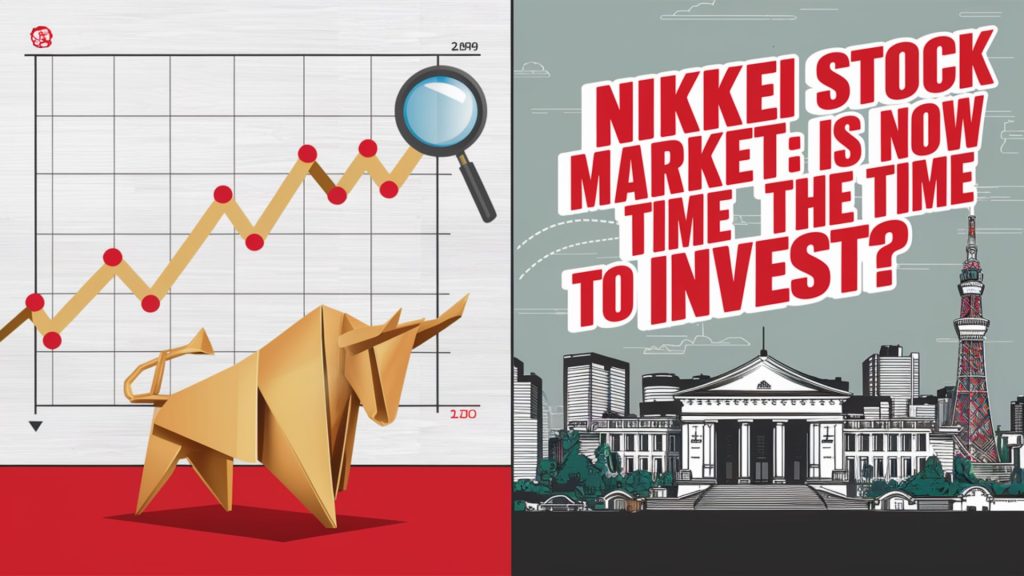इस पोस्ट में क्या है ?
Rise in Japan’s Stock Market
Japan Nikkei 225 index hit an impressive milestone in the stock market, surging to a record high. This indicates a strong and flourishing equity market. Boosted by substantial gains in banking, electronics, and consumer stocks, the index saw an almost 2% rise, reaching 39,029 points. This accomplishment not only surpassed the previous high of 38,915.87 set in 1989 but also signaled a new era of investor optimism and confidence in the Japanese economy.
Numerous factors have contributed to the exceptional performance of Japan’s stock market. Particularly noteworthy is the robust corporate earnings reported by Japan Inc. for the third quarter, which have played a pivotal role. Acknowledging this strength, Bank of America equity strategists have adjusted their year-end forecasts for 2024, establishing new targets for both the Nikkei 225 and the Topix indices.
Furthermore, the weakening of the yen, which has declined approximately 6% against the dollar this year, has added momentum to the market. This currency trend has increased the competitiveness of Japanese exports on the global stage, providing advantages for both investors and companies.

Investment Highlights
| Indicator | Detail |
|---|---|
| Foreign Investment | Over 2 trillion yen in January |
| Corporate Earnings Growth | 45% increase in Oct-Dec period |
| Currency Depreciation | 6% drop against the dollar this year |
The Impact of Monetary Policies and Inflation
Japan’s financial environment has been distinctly influenced by its monetary policies, which include maintaining the world’s last negative interest rates regime despite increasing inflation. This policy stance, combined with the anticipation of a change in April, highlights the intricacy of Japan’s economic hurdles.
Challenges and Expectations
Although the weakening yen has benefited export sectors, it has also put pressure on consumer purchasing power, causing worries about domestic consumption. Additionally, Japan’s GDP contraction, resulting in its position being surpassed by Germany, underscores the necessity for strategic economic adjustments.
Conclusion
The historic rally of the Nikkei 225 signifies more than just a numerical achievement; it symbolizes the convergence of strategic corporate practices, government reforms, and investor confidence. As Japan grapples with its monetary policies and inflationary pressures, the global community observes closely, eagerly awaiting the next developments in this economic journey.
This comprehensive analysis illuminates the dynamics of Japan’s stock market, providing insights into the factors propelling its success and the obstacles it confronts. Looking ahead, the trajectory of japan nikkei 225 index and broader economic policies will undoubtedly continue to captivate worldwide attention.
FAQ
The Nikkei 225 is a stock market index for the Tokyo Stock Exchange (TSE). It is a price-weighted index, composed of Japan’s top 225 publicly-owned companies, representing a wide array of industries.
A weaker yen increases the competitiveness of Japanese exports by making them cheaper for foreign buyers. This can boost the profits of Japanese exporters, many of which are constituents of the Nikkei 225, thus positively affecting the index.
The Nikkei 225 hit a record high due to a combination of factors, including robust corporate earnings, favorable investor sentiment, and supportive government policies aimed at enhancing corporate governance. A weaker yen also contributed, making Japanese exports more competitive.